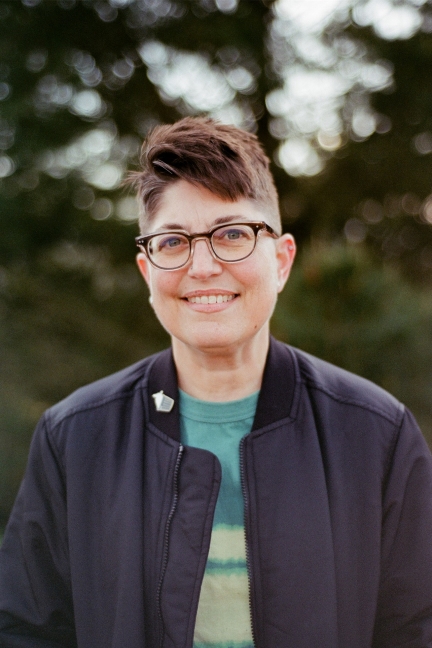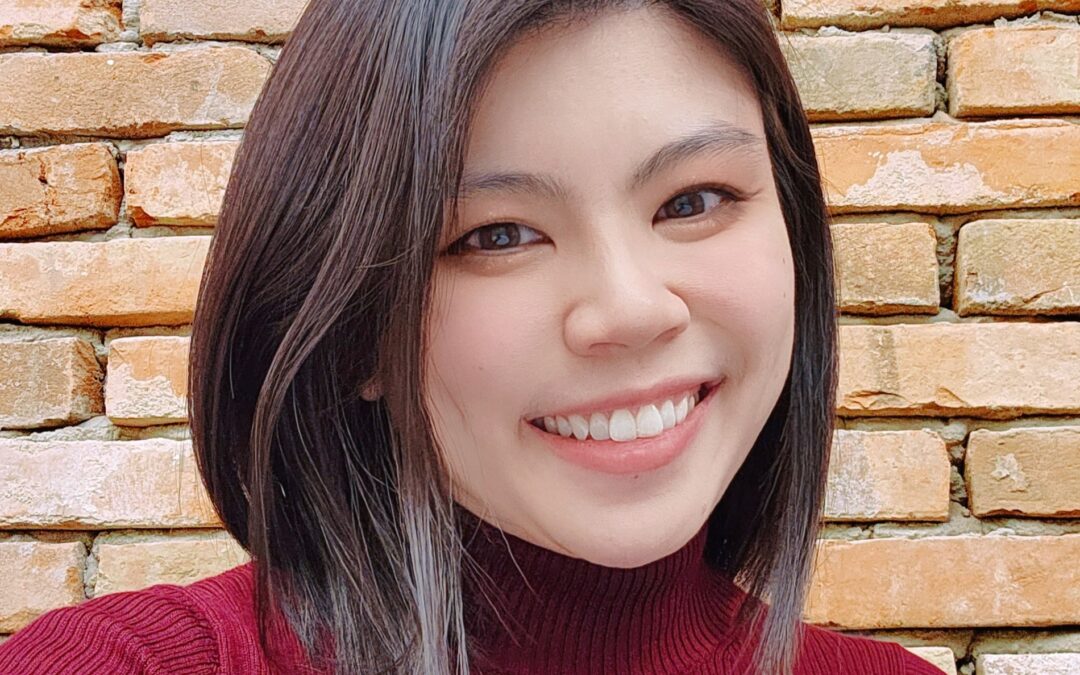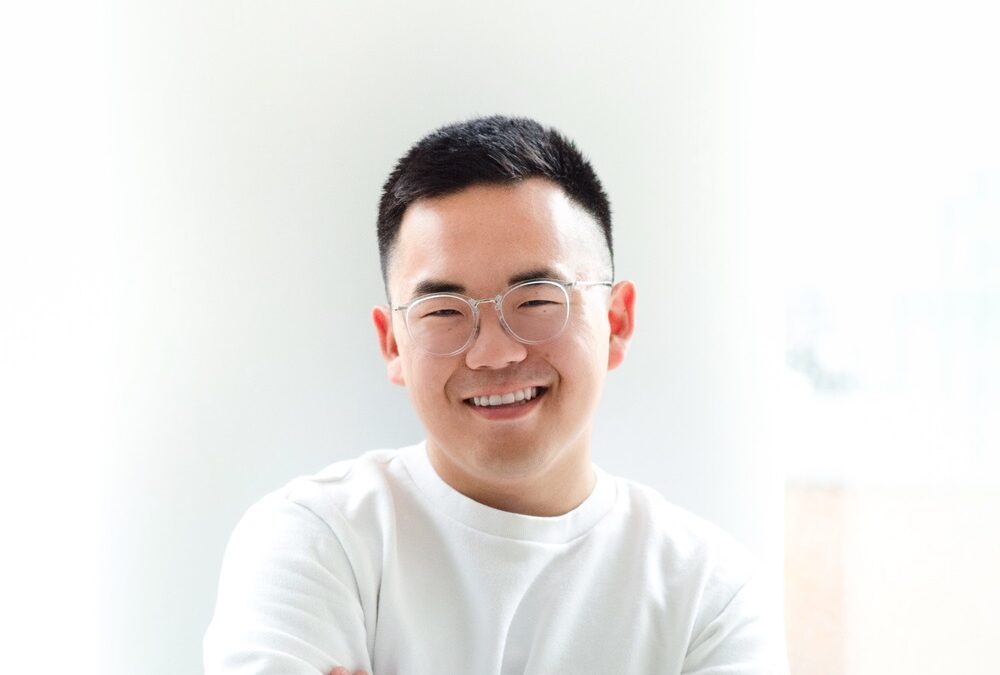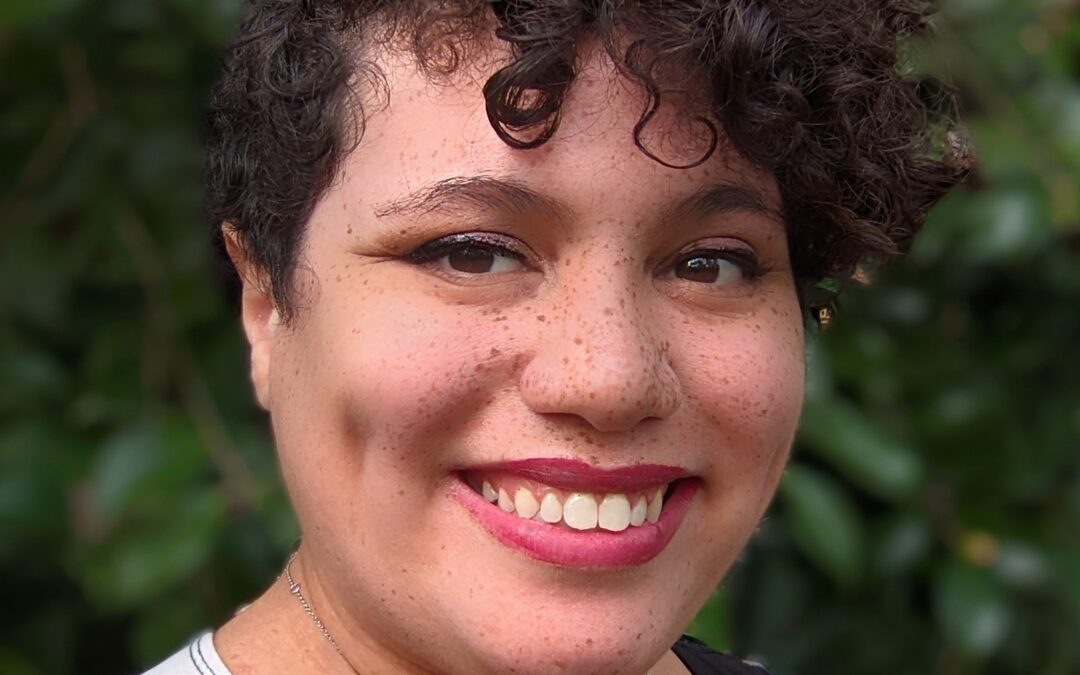
by Michele Kirichanskaya | Jun 11, 2025 | Blog
Annalee Newitz writes science fiction and nonfiction. They are the nationally bestselling author of the books Four Lost Cities: A Secret History of the Urban Age and Stories Are Weapons: Psychological Warfare and the American Mind, and the novels The Terraformers (a...

by Michele Kirichanskaya | May 16, 2025 | Blog
Bobbie Pyron has worked in libraries and bookstores in North Carolina, Tennessee, and Utah and has been active in local animal rescue work for many years. She’s the author of A Pup Called Trouble, A Dog’s Way Home, and Stay. Bobbie lives in Ashville, NC, with her...

by Michele Kirichanskaya | Feb 19, 2025 | Blog
Amber Chen is a Singaporean-Chinese author of SFF and contemporary fiction. She spends much of her free time living within Chinese fantasy novels and dramas and also drinks one too many cups of bubble tea. One of her webnovels, The Cutting Edge, has been adapted for...

by Michele Kirichanskaya | Feb 5, 2025 | Blog
Jinwoo Chong is the author of the novel Flux, a finalist for the PEN/Hemingway and VCU Cabell First Novel awards, a New York Times Book Review Editors’ Choice, and named a best book of the year by Esquire, GQ, and Cosmopolitan. His short stories and other work have...

by Michele Kirichanskaya | Jan 22, 2025 | Blog
Kimberly Lemming is a USA Today bestselling author who is on an eternal quest to avoid her calling as a main character. She can be found giving the slip to that new werewolf that just blew into town and refusing to make eye contact with a prince of a far-off land....






